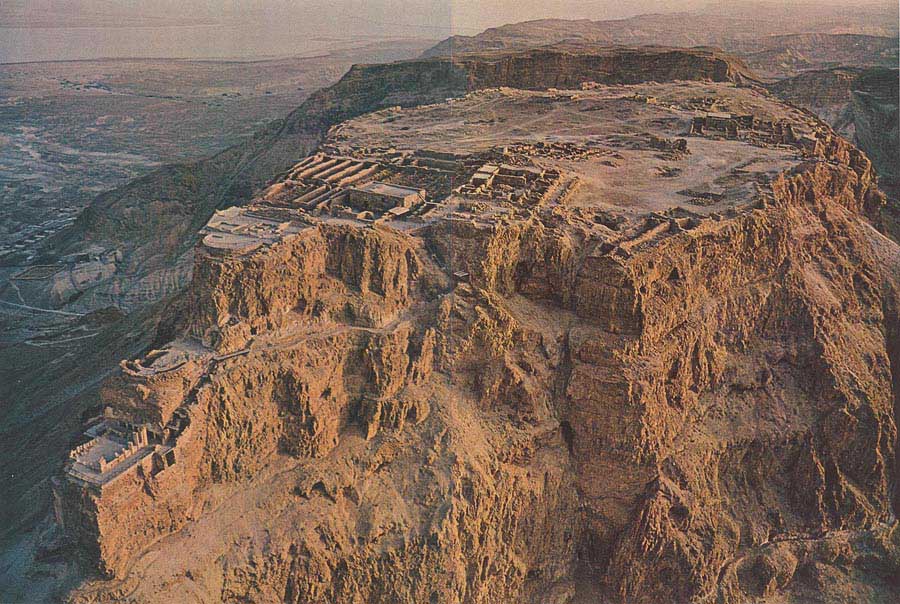6total views,1views today
The Dovekeepers by Alice Hoffman is the book I chose to take with me during my holiday to Assam and Meghalaya.
I picked up this book thinking it was a light, girly read—something like Practical Magic, the only other Alice Hoffman book I read ages ago.
The Dovekeepers, though, is completely different.
It’s set in Masada, Israel, around 70 C.E. The novel spans the time when the Romans besieged the Jews in the fortress of Masada during the First Jewish-Roman War. The Jews at Masada were the last Jewish stronghold to fall to Roman hands.
Historical details about this time and the events can be found here. I”ll focus this review on the book and the story.
About The Dovekeepers

In 70 C.E., nine hundred Jews held out for months against armies of Romans on Masada, a mountain in the Judean desert. When the Jews realized they couldn’t win, they committed mass suicide leaving only ruins to the Romans.
According to the ancient historian Josephus, two women and five children survived. Hoffman has based this novel on this tragic and iconic event as the starting point, telling the story from the voices of these women. However, instead of just the two women survivors, she uses four to tell her story, making us guess throughout the book about who lives and who dies.
Alice Hoffman wrote this book in four parts, each told in the voice of one of the four women. The motherless Yael seeks refuge at Masada with her father, an assassin still bitter from the loss of his wife. Revka and her two grandsons have survived a massacre by the Romans. Aziza is a warrior, a woman who fights like a man despite the strictures against her. Shirah is the midwife, a woman versed in herbs, magic and medicine. All four women work in the dovecote at the highest point in the fortress.
~ Synopsis from goodreads
My Review
I am not very familiar with ancient history, particularly in the Middle East, so I was a bit apprehensive about the book and kept postponing reading it. However, the book is immensely readable, and soon, I found myself plunged into the lives of these four women.
The daily lives and customs of these people really intrigued me. However, after a point, it felt that the story just talked about the lives of these women without giving more details on what was actually going on in the fortress.
So, much of the book is just humdrum details of the women’s loves and losses. Only the last part deals with the Roman siege of Masada. And the siege happened suddenly, without too many hints given in advance. I found this aspect of the book a bit abrupt.
The Jews were apparently led by a very charismatic and smart man, and it seems a bit hard to believe that he didn’t even once envisage the possibility of a siege and an alternative to just dying at Masada. I suppose they all thought the fortress was impenetrable.
I shouldn’t blame them, I suppose, if the fortress looks like this.

Anyway, all I am saying is I would have liked a larger worldview on the events happening at the time, rather than just this very intimate (and somewhat magical and dreamy) portrait of four women.
What I did appreciate is all the historical research, and her attempt to create a balanced story. She didn’t try to make the Jews all good, they did some questionable things too.
Overall, I liked the book. It opened up a slice of history that I was unaware of, and made it come alive beautifully. I now plan to look for other similar books. I think The Red Tent by Anita Diamant might be a good follow-up to this book.
Have you read The Dovekeepers? What did you think of it?
